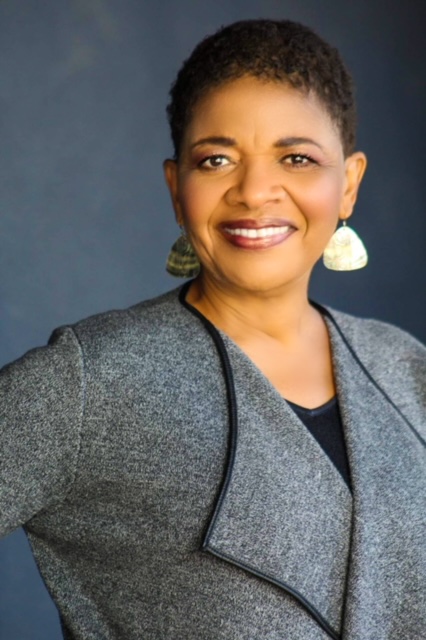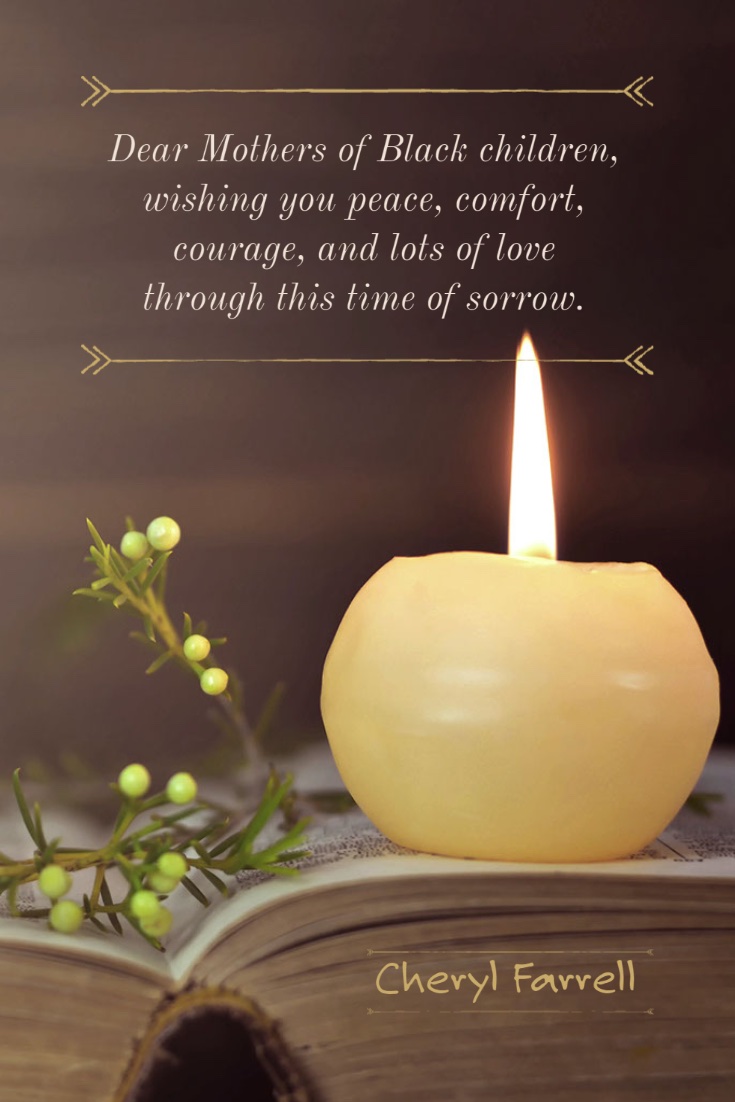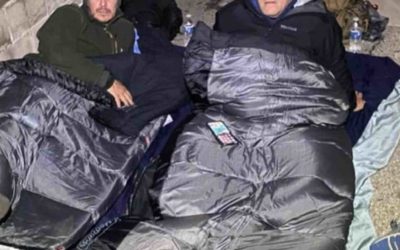On the theme of hope this month,
guest contributor Cheryl Farrell writes about
that “deep in your bones” belief that things will be alright.
The low-pitched hum you hear is me taking deep breaths. If you listen closely, you’ll hear me inhale and exhale, hope is a noun … hope is a noun. As a “woman of a certain age” and mother to two adult Black children, I believe in the power of hope as if life depends on it … because it does. I do so to process rampant social justice inequities.
Regardless of the year, you’ll likely recall an incident when a person of color was killed senselessly. Where’s the hope in that sad predication? For me, it’s found in years of seeing things turn out alright, no matter how traumatic the circumstances. I speak with the voice of a sisterhood of Black women over 50, especially those of us who are mothers.
The assurance that comes from hope does not mean we abdicate efforts to right the wrongs of the world or that we withhold forgiveness. It does mean, however, that we find the will to keep going—to get up each day and face our struggles.
A Grammer Lesson
I coined the phrase hope-the-noun to describe how older folk remain resilient. Back in the day, I learned the grammatical distinction this way:
Noun: a word that describes a person, place or thing
Verb: a word used to describe an action or occurrence
The word “hope” can be used as either a noun or a verb. A friend suggested the way we use it differs as we age. For example, young girls use the verb as if making a wish. I hope I get an A on my math test.
A Black woman now over 50 uses “hope” as a noun—that deep-in-your-bones belief that things will be in order. Hope got me through the dark days and hope will lead me to the light. Both hope versions are worthy, but mature women know that hope is more than a notion.
To be clear, I distinguish hope-the-noun believers from “dissent whisperers.” I learned the latter phrase from Rev. Dr. James Thomas, pastor of Living Word Community Church. He describes the dissent whisperer as the “kindly speaking Black person” who is a problem-explainer on matters of race. I am not that person.
RELATED: Where Were You When?
Sisterhood Stories
The sisterhood of unsung heroes has a collective resolve that influences political outcomes, affects social change, and oversees households. I’m writing a book about Black women and I am pulling content from my personal experiences and from friends. Hear one of the stories in my interview of Diane Griggs, a social worker in Los Angeles who discusses her role as a mother to many children even though she’s never given birth.
Our storytellers describe how they rely on hope to overcome extraordinary challenges and achieve unusual success. It’s what we all must do in order to share the good.

Cheryl Farrell
Cheryl Farrell is a corporate communications consultant and performance storyteller in Southern California. She has decades of experience in healthcare, education, and financial services. Cheryl was an original cast member of the Jeopardy! Clue Crew and toured the world appearing in more than 1,000 video clips. As a public speaker, she often examines how older black women excel at the intersections of race, gender, and age. Cheryl has a master’s degree in Communication Management from USC and a bachelor’s degree in economics from UCLA. She is married and has two adult children.
Photo credit - NiketaCH Photography
Connect With Us on Social Media!
RECENT FAVES
Tips for Hitting the Road with Your Furry Friends
Part 1 of Kathlene McGovern’s 2 part series on the best and safest ways to travel with your furry friends!
I’m Just Curious
Dove Rose give us ideas on how to stay curious! Keep it Fresh in the Kitchen, on the Drive and in your Life. New ideas to keep our mind alive!
Living Unhoused for a Week: Ken Craft Takes to the Streets
Ken Craft of Hope of the Valley lives unhoused on the streets of the San Fernando Valley for 100 hours and shares the challenges, insights and struggles he faced on this journey.




